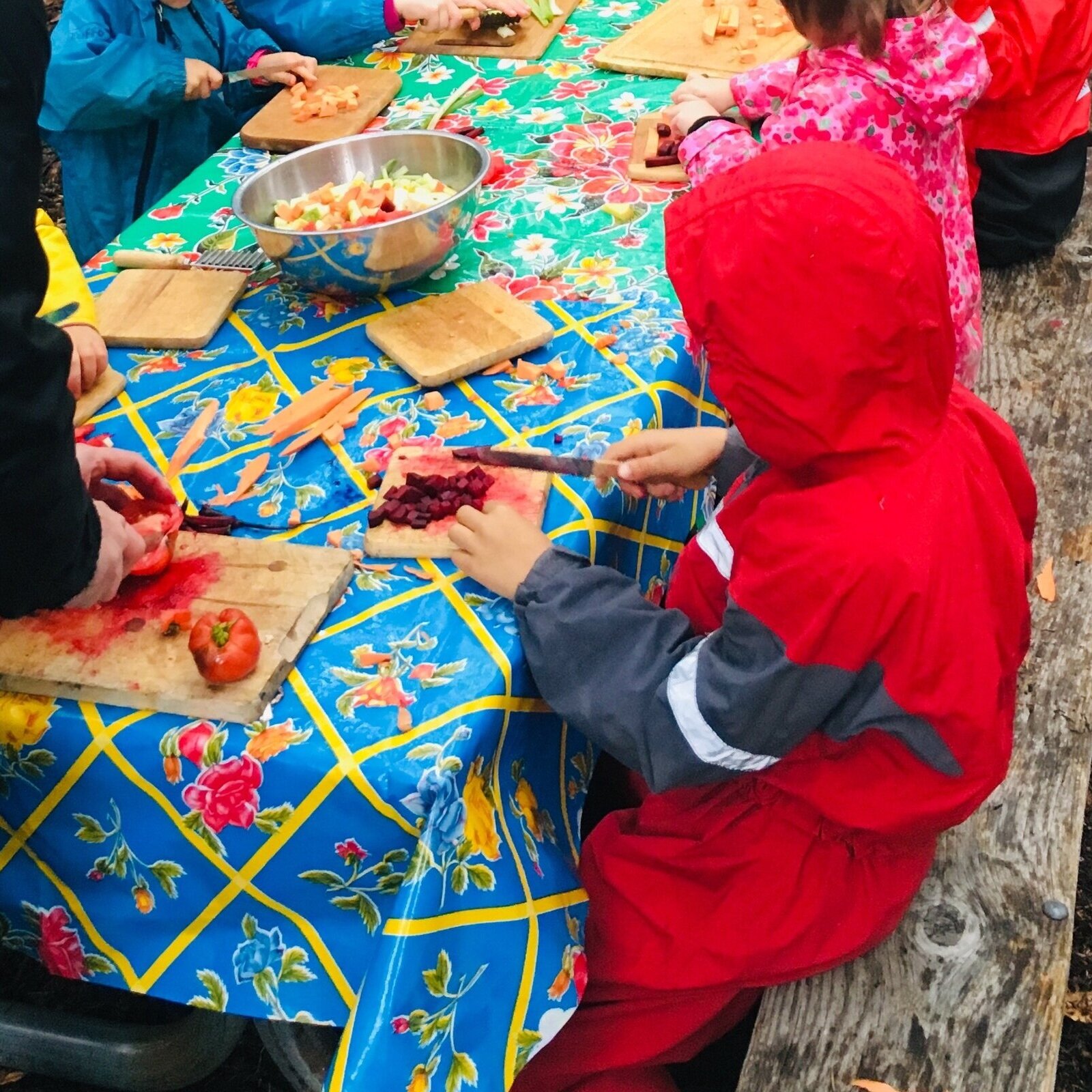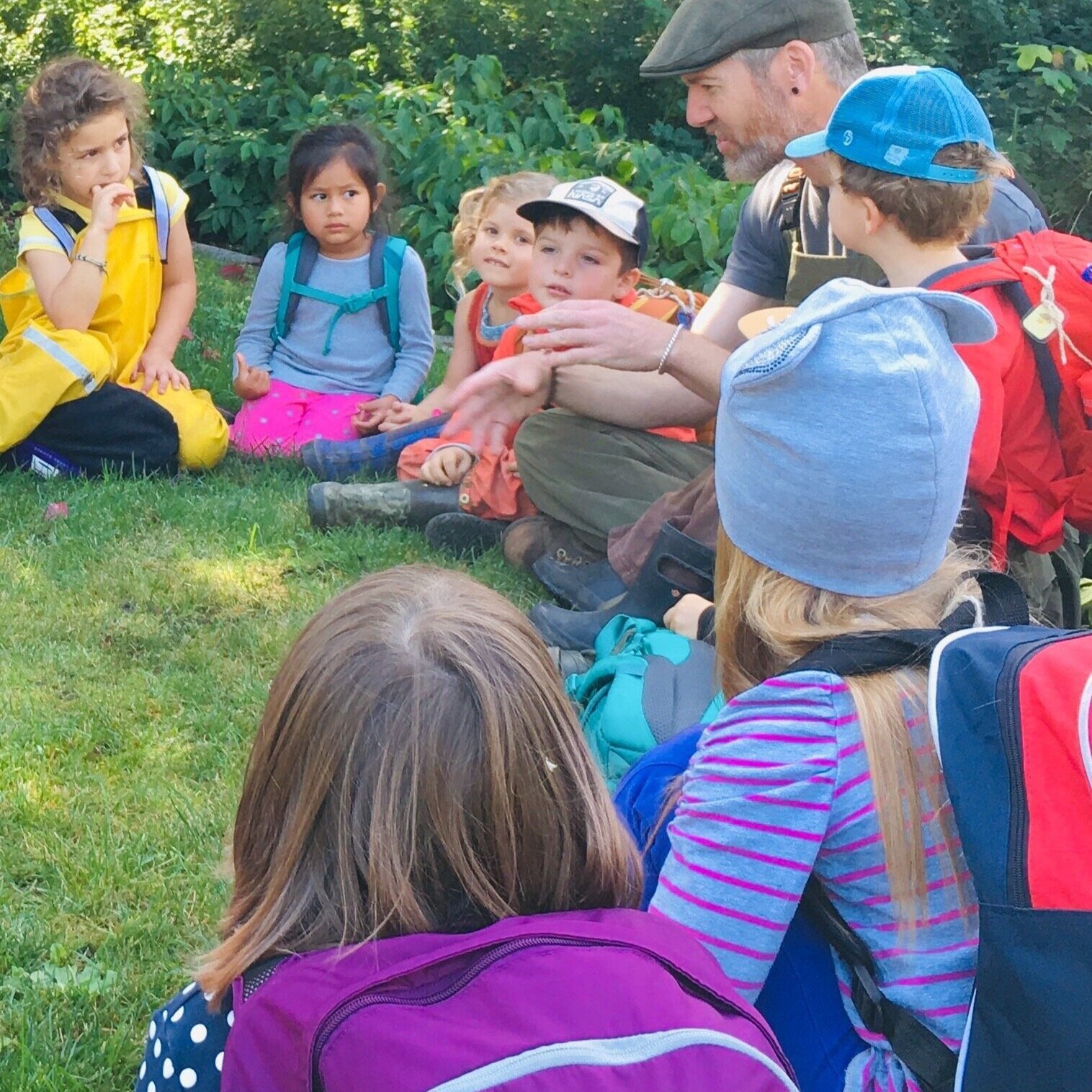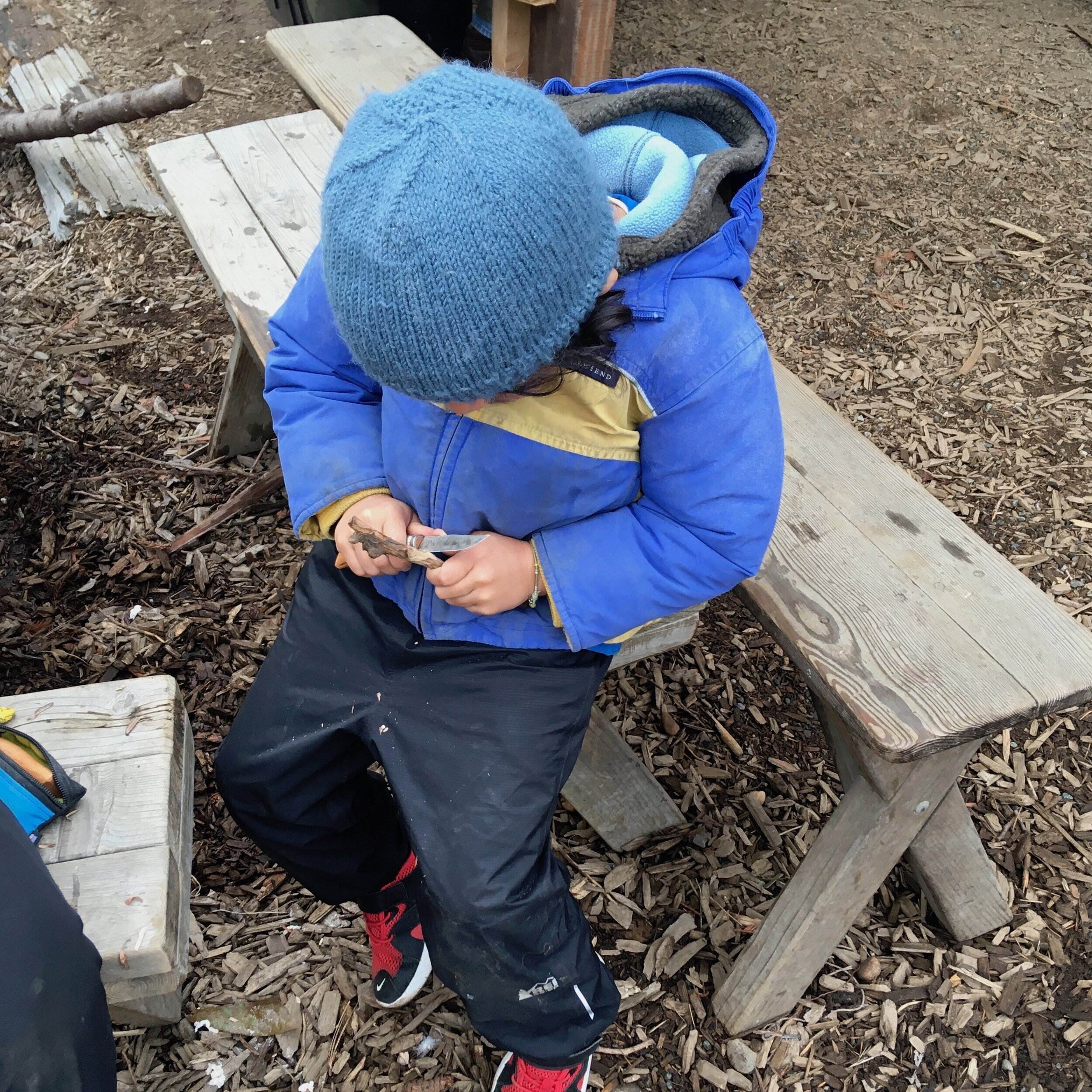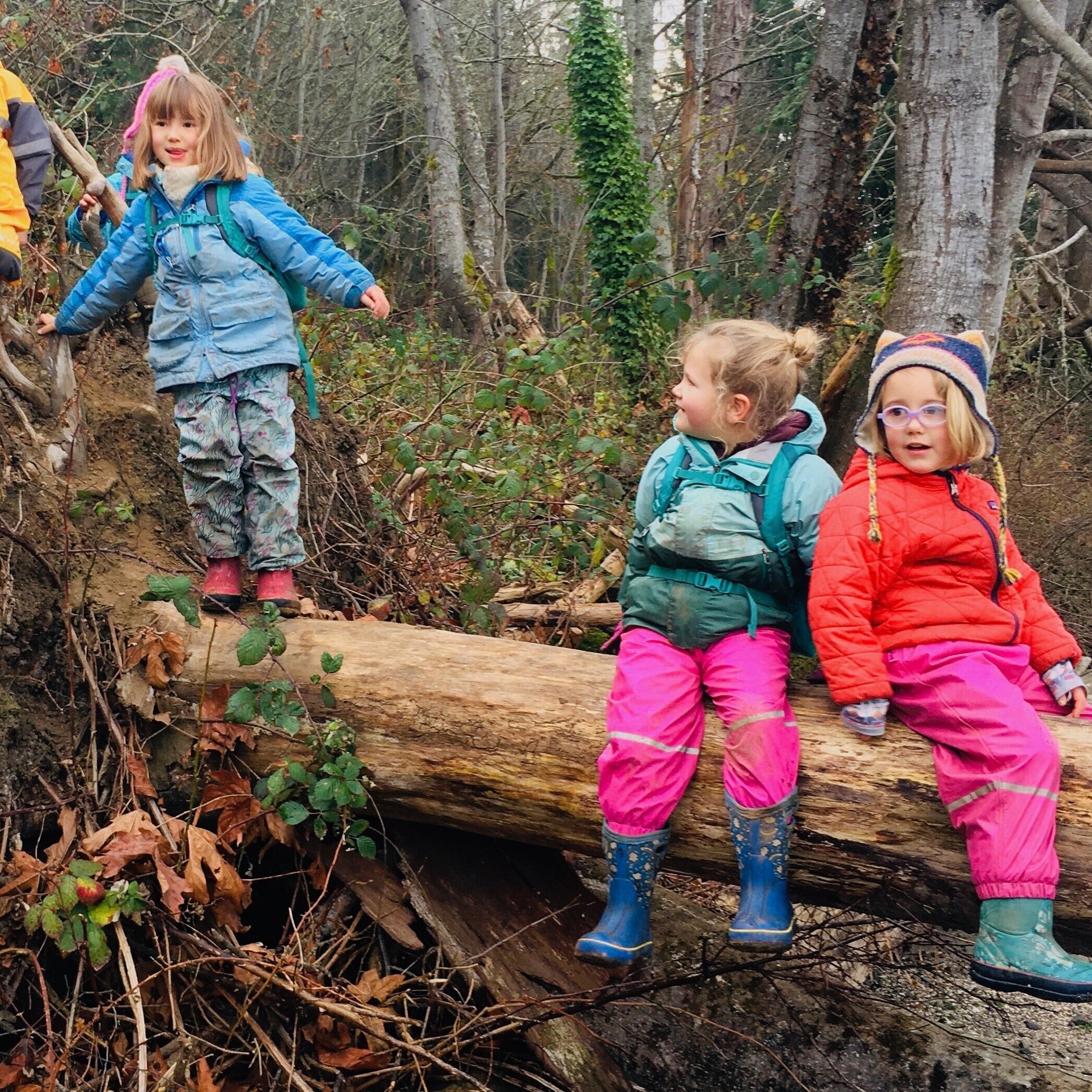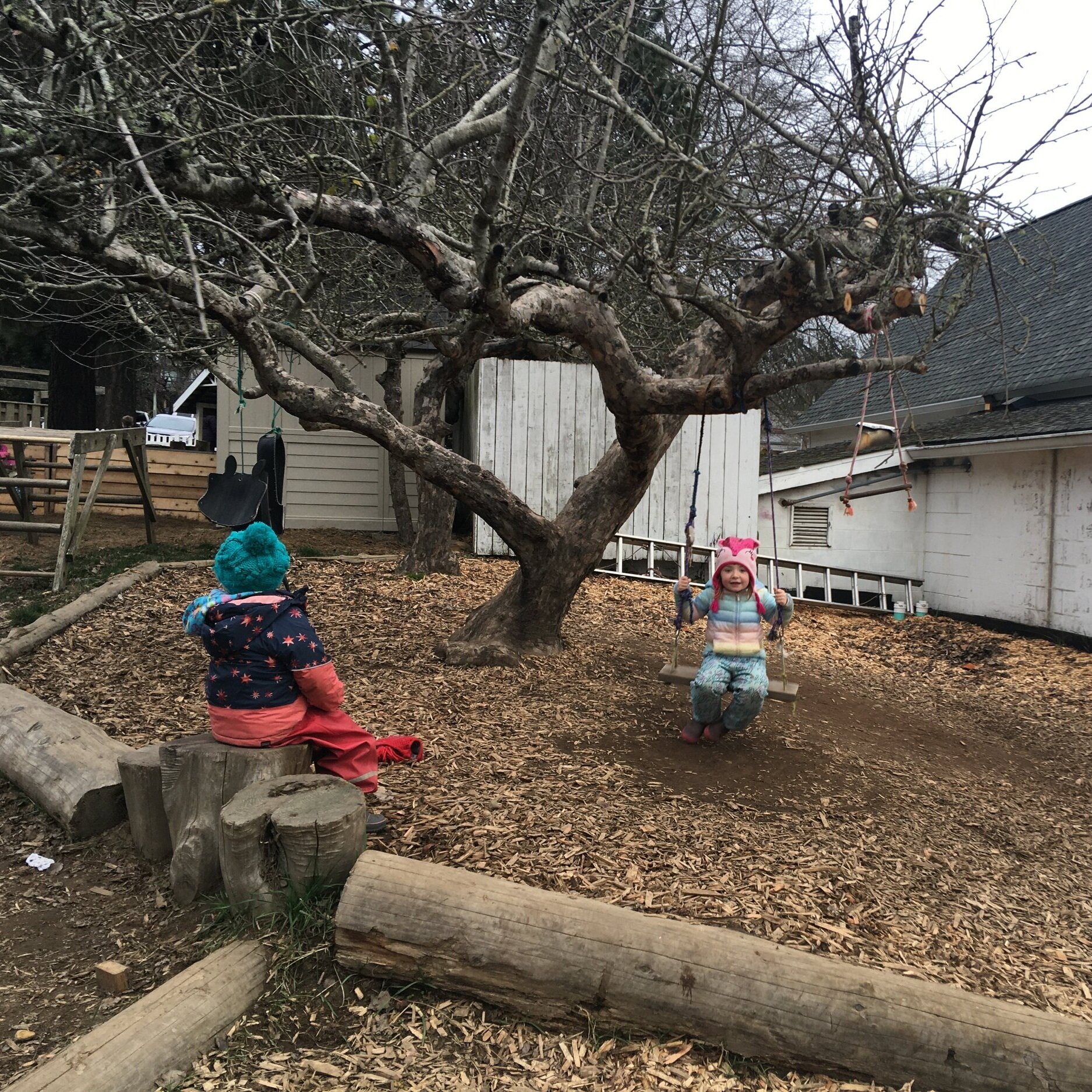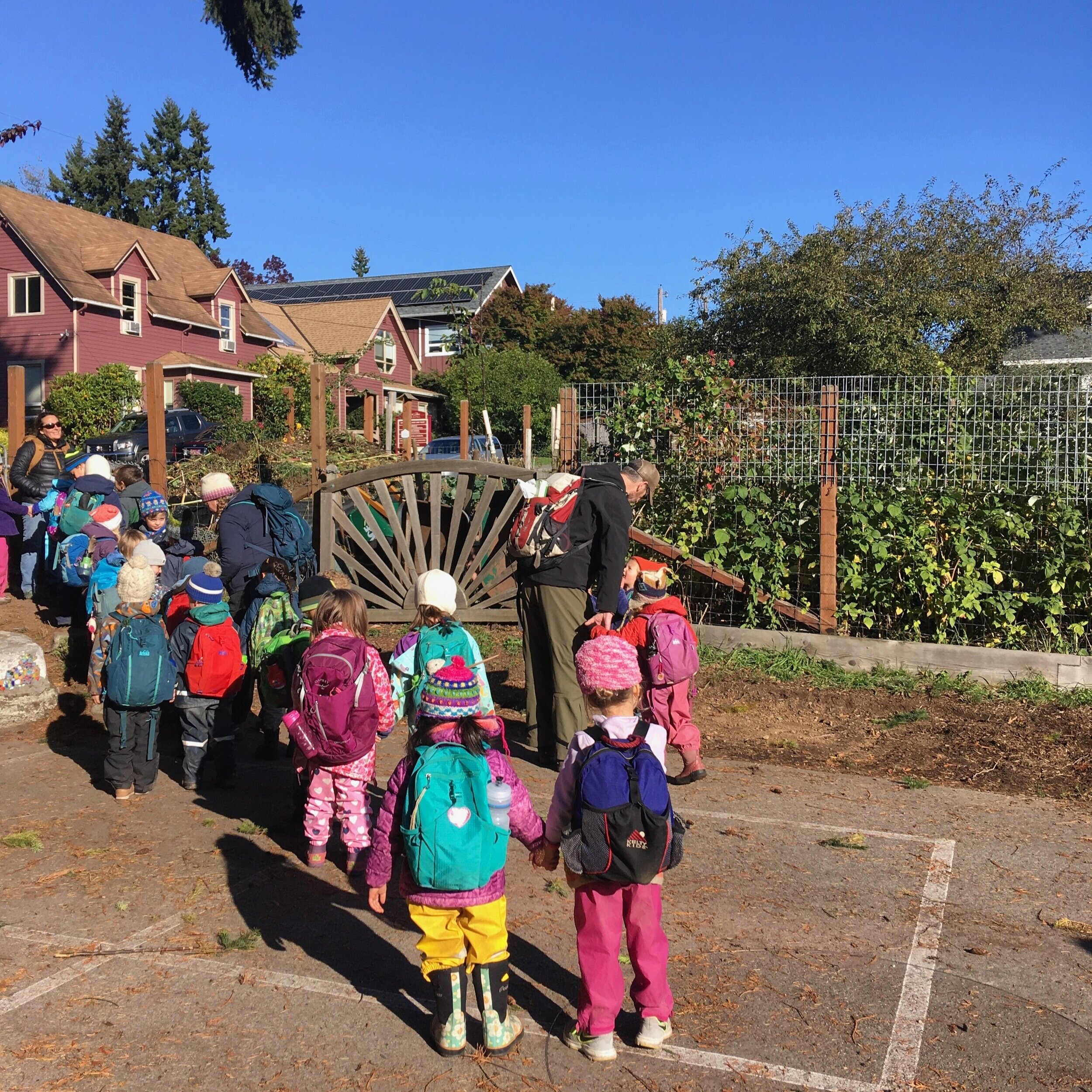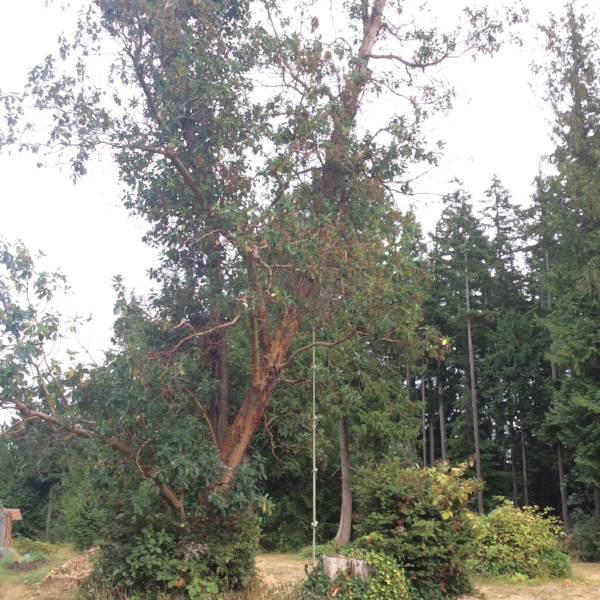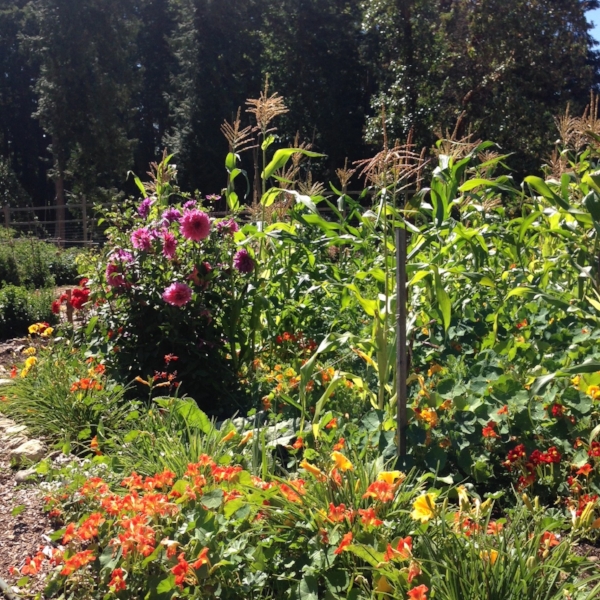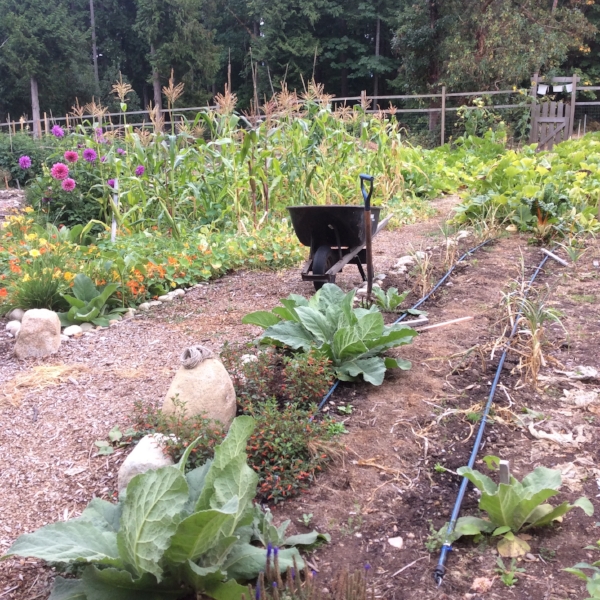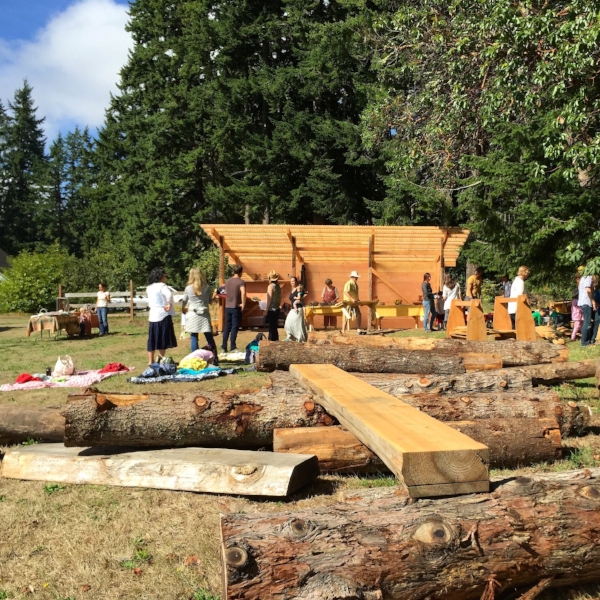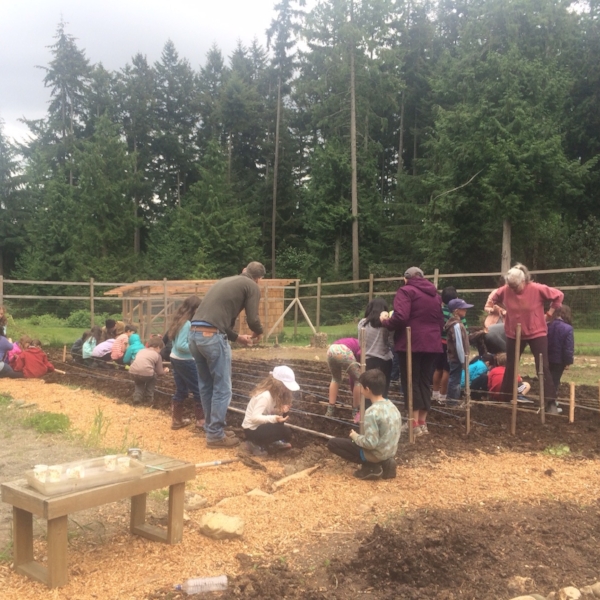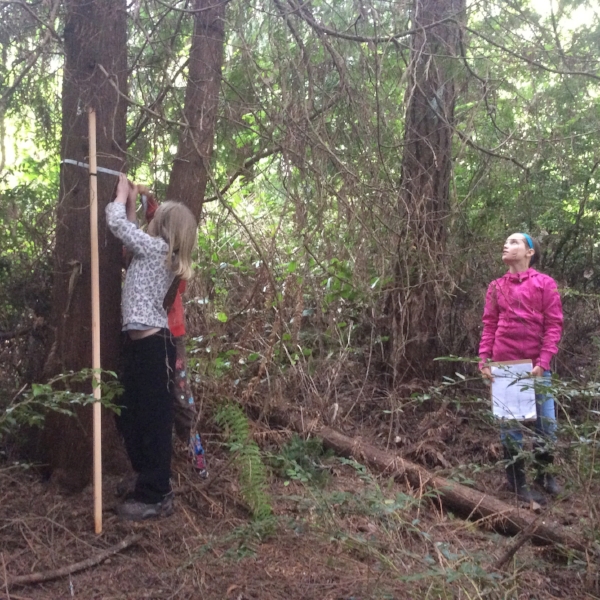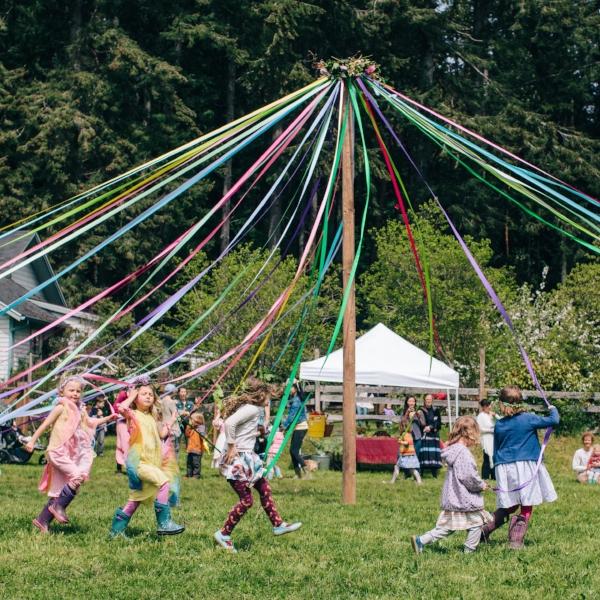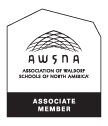At Madrona School, ‘Q’ stands for quesadillas…and peppermint tea in enamel mugs, good rain pants and boots, and a healthy dose of fresh air. Everything that makes outdoor kindergarten a pure joy! Children need time outdoors -- time to explore, problem solve, work hard, get dirty, lay quietly watching bugs or clouds, run, yell, chase, climb…. Each day, our kindergarteners do just that and more, at school and in nearby parks and beaches around the island. And, Friday’s class also enjoys an additional day out hiking and exploring on “adventure Fridays”. Experiencing the outdoors is an integral part of our curriculum, and represents a whole and healthy childhood. Rosy cheeks and the muddy boots are wonderful things! In our society at large, today's children spend an average of over seven hours (!) each day engaging with media of some sort, according to one study by the Kaiser Family Foundation -- and this was after data collection three separate years showed steady growth in that time. The National Wildlife Federation offers a list of recent research studies, many of them concluding that children's outdoor time is shrinking, and stands at well under an hour a day. Follow the link here to download their report entitled "Whole Child Report: Developing Mind, Body and Spirit Through Outdoor Play". Sound familiar? It's an excellent read. What a gift we give our youngest students, who can prepare for grade school with a healthy dose of movement and imaginative, nature-rich play. Engaging the whole child is a basic principle of Waldorf education, and one that ideally prepares our children to be resilient, hardy contributors to the world around them, and to find pleasure in the "great outdoors". We believe a Waldorf kindergarten education is beneficial to your children, your family, and to the wider world!
— adapted from our school newsletter


